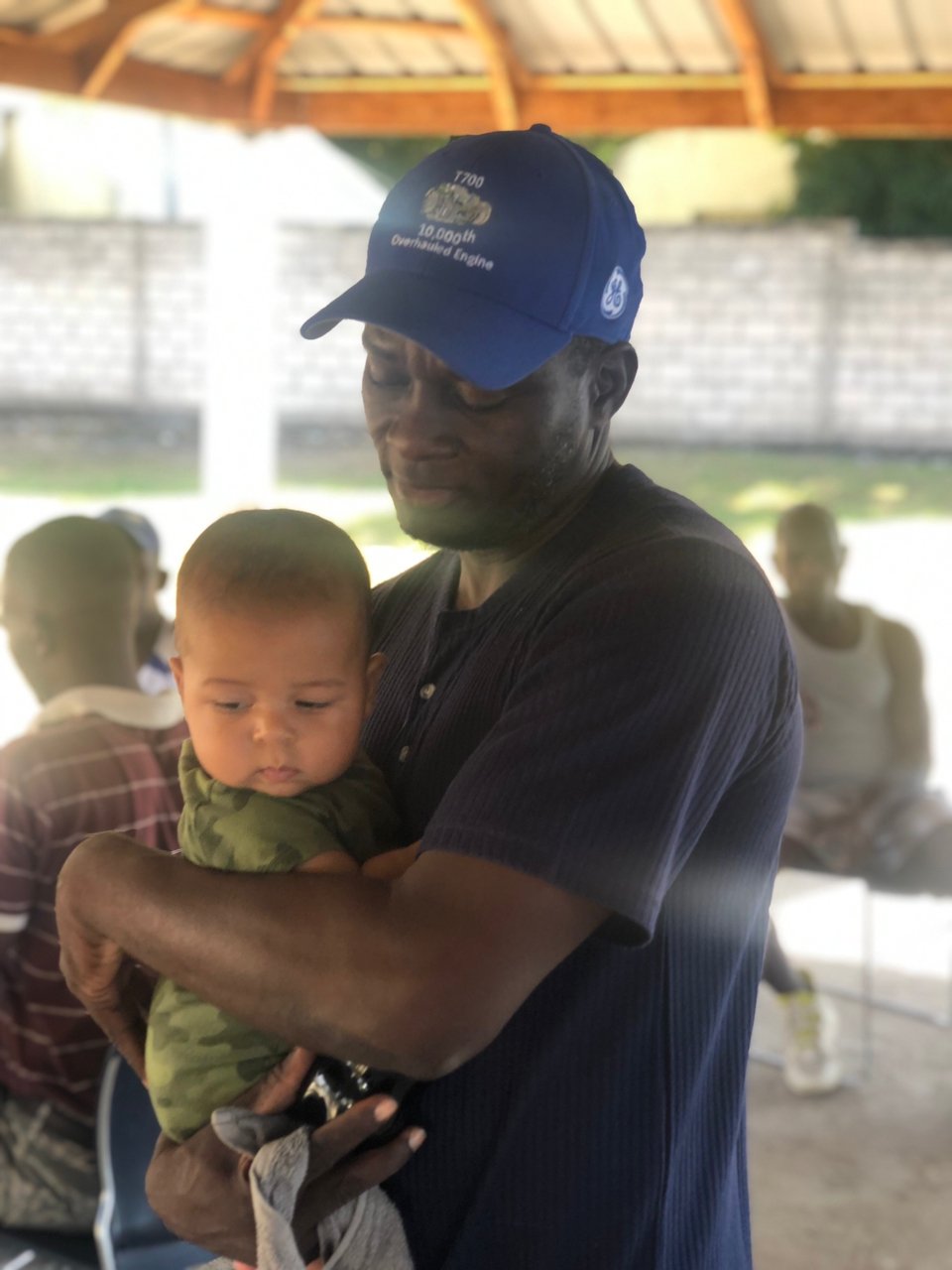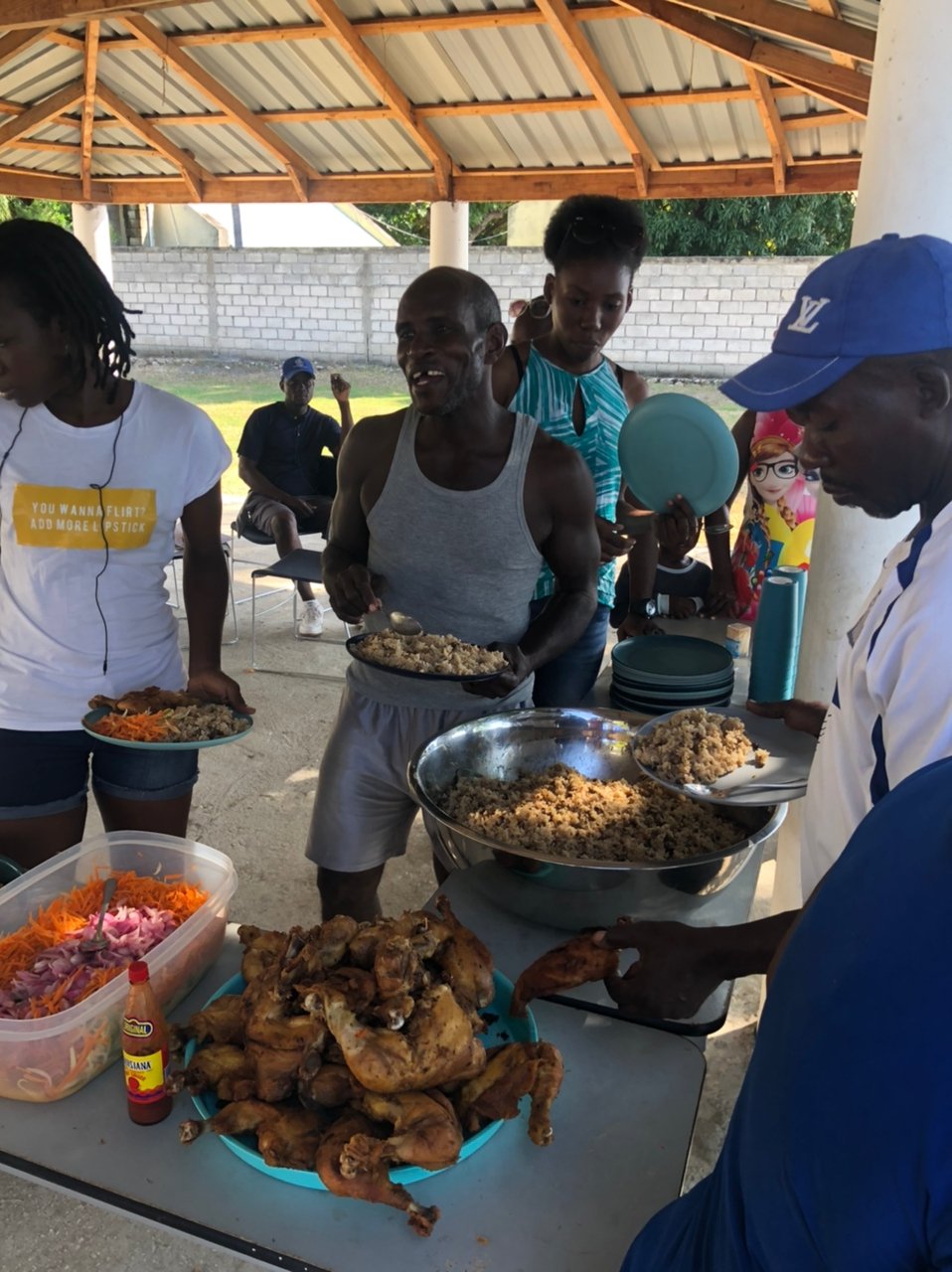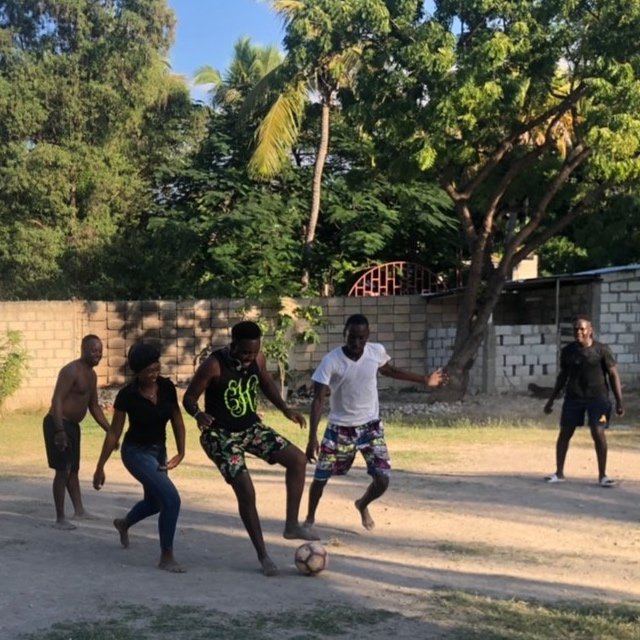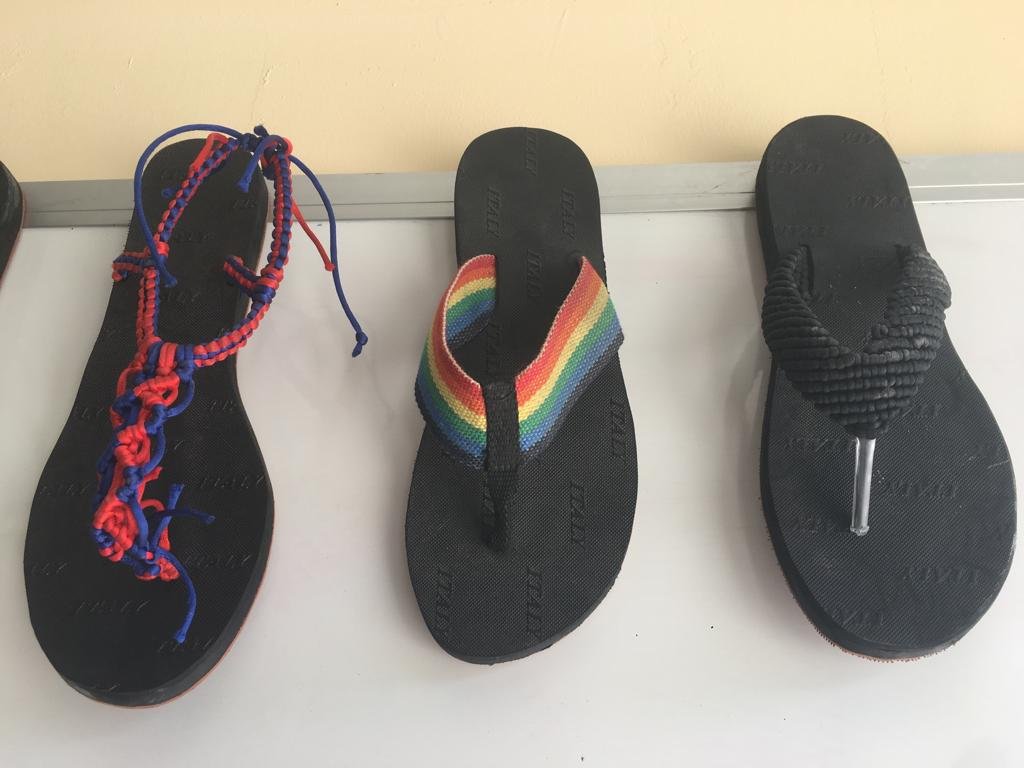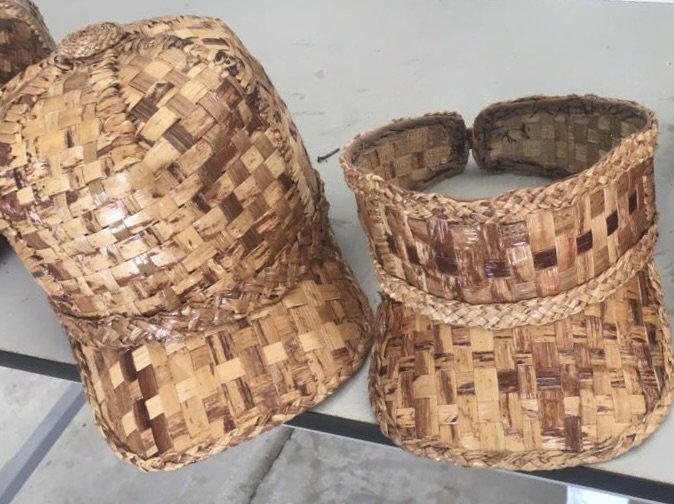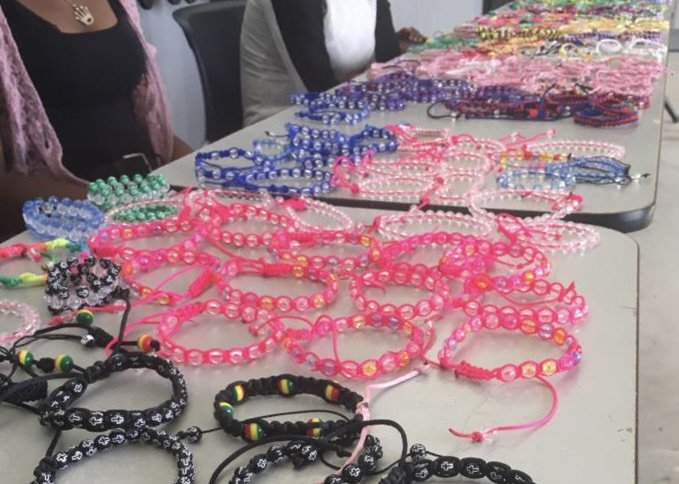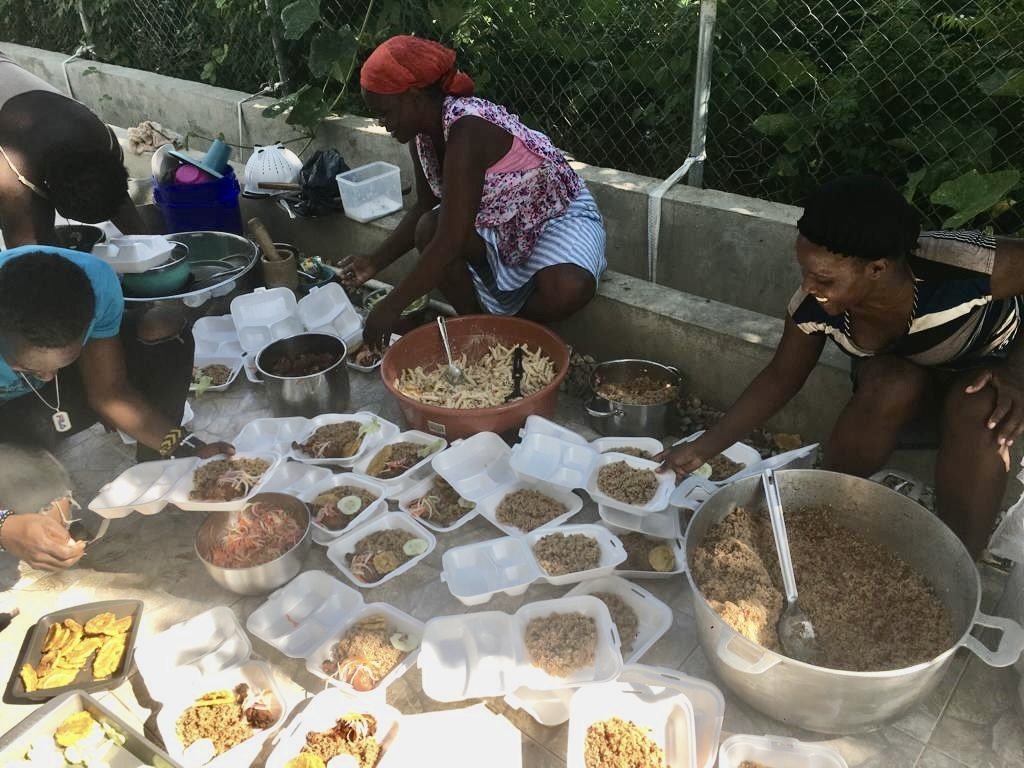Today marks 13 years since the devastating earthquake in Port-au-Prince that claimed the life of an estimated 100,000-300,000 people. When we look at Haiti and where it has come since then, it’s hard to know what to think or feel. I wish I could say the country united in its hardship, rebuilt the city, and is a stronger nation today, but that is not the case. After the earthquake, NGOs, foreign aid, and the UN took a large role in providing services and keeping peace. Since then, most of these have left. This has left a void that has unfortunately allowed gangs to rise to power, corrupt leaders to misuse funds and opportunities, and violence and unrest to haunt the nation. Slowly, each aspect of governance has diminished. This week, the terms of the last 10 sitting senators expired. Today, the country is void of legitimate leadership. “There is not a single elected official in the entire country of nearly 12 million people — not a council member, not a mayor and certainly not a president.” (Read more) Gangs control an estimated two thirds of the capital as well as key areas outside the capital. Three of the four highways out of the city are completely impassible if you value your life. Extreme hunger is widespread. Prices continue to rise as the gourde (Haitian currency) continues to fall.
At this point, Haiti is a failed state. Thankfully, we don’t place our hope or identity in politics or worldly leaders. We know God is on His throne. There is a war happening in Haiti - not just the war between the gangs or the daily battle to survive - but a spiritual war. If Haiti is going to emerge from this situation, it’s going to take a generation that works together and works for the betterment of their communities and country. Corruption, greed, and a thirst for power must be stamped out. Leaders must rise up. Evil must be called out. New strategies must be implemented. Advances in technology must be utilized. Things on the national level remain complicated and the issues are multifaceted. So how does PLH fit in?
PLH holds firm to its mission to empower Haitians to build a stronger Haiti. We believe we can influence change by investing in the community of Camp Marie and the surrounding area. These investments include providing training, creating opportunities, building sustainability, mentoring youth, and partnering with local leaders to create a unified effort.
PLH has seen growth in our staff, in our coaches, in our players, and in our partnerships with the community, and we have set goals to encourage more growth in 2023. As we have shared, our Haitian staff ran the day-to-day operations of the organization while I was in Oregon for 3 months during the summer of 2022. The staff organized and carried out 8 weeks of new programming for kids from the community, they managed projects on the campus, and they were responsible for tracking all financial activities. This year, we will continue to provide training for the staff and entrust them with more responsibility.
We have trimmed our number of soccer coaches from nine to six and we see in these six a commitment to PLH, to the players, and to the program. We plan to provide additional training and mentoring to the coaches this year to help them continue to grow in their coaching methods, in their walk with Christ, and in their mentoring of the players. The players in the soccer academy made good progress this past year in their technical ability. This year, we hope to be able to provide them with more tournaments and competitive opportunities to challenge them. We also plan to provide more training in other aspects of their lives as PLH seeks to train our players holistically in their faith, sport and future.
In January of 2022, PLH, through the generous support of Lenexa Baptist Church, partnered with the 14 churches in the Camp Marie area to provide food relief to members of the community. This year, we are preparing to do the same, but in an even more impactful way. Rather than coming together for a single initiative, PLH is fostering relationships with and among the leaders of these churches. This year, in addition to providing immediate food relief, the funds will be used to invest in farmers within the churches’ congregations so that they can plant gardens to build sustainability within the community and give back from their harvest. We are excited to see the unity developing among the pastors and church leaders and we are eager to see where this initiative leads. PLH has many plans and goals for creating small businesses and offering job skills training and job opportunities, and we would love to see the churches and community join us in these ventures.
While the national situation in Haiti is bleak, the vision that PLH has and the hope we have for the future is great. We put our trust in God and look to Him as our guiding light. Thank you for walking beside us and partnering with us on this journey. To God be the glory as we work together to empower Haitians to build a stronger Haiti.
Blessings,
Laura Polynice
Administrative Assistant and Haiti Liaison
















